In Islamic, living within a community (jama’ah) is fundamental to the practice of faith. The Prophet Muhammad (peace be upon him) said, “Whoever separates himself from the community by even a handspan has removed the bond of Islam from his neck.” (Narrated by Ahmad). This narration emphasizes the importance of togetherness in all dimensions of Muslim life — from worship and social interaction to the collective responsibility of da’wah.
From a sociological standpoint, humans are inherently social beings (homo socius), wired for interaction and mutual support. Islam refines this natural inclination through the values of ukhuwah (brotherhood) and structured community life. Within a community framework, individuals find emotional, moral, and spiritual reinforcement which are essential resources in navigating the complexities of contemporary life.
However, the modern era presents unique challenges. The rise of individualism, fueled by secular and liberal ideologies, often contradicts Islam’s emphasis on collective identity and shared responsibility. The prevailing notion of “living for oneself” tends to erode communal ties and weakens the foundation of solidarity that Islam upholds.
Technology and digital communication offer both promise and peril. On one hand, they enable faster and broader engagement among Muslims worldwide. On the other, they risk diluting real-life relationships and substituting meaningful interaction with transient virtual exchanges. Social media, for instance, can be a tool for connection and education, yet when misused, may also foster division, misinformation, and conflict.
Also Read: Prophet Sulaiman Alaihi Salam, the Greatest Muslim King of All Time
Engagement in a Muslim community nurtures ongoing development in three critical areas: spirituality (ruhiyah), knowledge (ilmiyah), and social responsibility (da’wah). Through regular participation in educational gatherings (ta’lim), personal development programs (tarbiyah), and collaborative initiatives (amal jama’i), a Muslim strengthens both identity and resilience in facing the demands of the modern world.
The Role of the Community in Upholding Islamic Values
A strong community is essential for translating Islamic principles into social practice. In an increasingly secularized global landscape, jama’ah functions as a cultural and moral safeguard that promotes Islamic education, ethical service, and social programs based on Shariah principles. As outlined in Surah Ali Imran [3:104], believers are encouraged to form groups dedicated to promoting virtue and preventing wrongdoing.
Effective leadership is another cornerstone of successful community life. The Qur’an affirms this in Surah An-Nisa [4:59]: “Obey Allah, obey the Messenger, and those in authority among you.” Within a jama’ah, leadership ensures coordination, guidance, and collective problem-solving — all crucial for maintaining harmony and purpose.
Also Read: Imaam Yakhsyallah Mansur: Surah At-Tin Indicates the Command to Liberate Al-Aqsa
A recurring issue in community dynamics is partial or inconsistent member engagement. While physical attendance is common, true participation marked by shared vision and active contribution often requires ongoing spiritual motivation. This gap highlights the need for sustained tarbiyah that aligns personal commitment with communal goals.
Differences of opinion are inevitable in any group setting. What distinguishes a healthy jama’ah is its capacity to manage diversity constructively, through shura (consultation) and adherence to prophetic etiquette. The Prophet Muhammad’s leadership in Medina exemplified this approach, integrating various perspectives while maintaining unity.
In the digital age, the allure of personal branding and online popularity can sometimes overshadow community goals. Internal conflicts may arise when individual ambition eclipses collective interests. Islam teaches that leadership is a trust (amanah), not a privilege. Any role or responsibility must be grounded in sincerity and aimed solely for the sake of Allah (lillahi ta’ala).
Empowering the Ummah through Community-Based Initiatives
Also Read: Imaam Yakhsyallah: Nurture Love for the Prophet, One Will Be with Whom One Loves
Beyond spiritual growth, Muslim communities play a pivotal role in achieving social and economic empowerment. Institutions such as Islamic cooperatives, Shariah-compliant microfinance (BMT), Islamic educational institutions, and faith-based healthcare services offer practical alternatives to inequitable global systems. These initiatives not only embody Islamic ethics but also promote resilience and independence.
One significant challenge is ensuring leadership continuity and preserving values across generations. Without structured regeneration and mentorship, communities risk stagnation or decline. The Qur’an, in Surah Al-Kahf [18:13], praises the commitment of believing youth — underscoring the importance of involving younger generations in meaningful ways.
The pressures of modern life, from economic hardship to digital overload can gradually erode community bonds. Maintaining a vibrant sense of ukhuwah requires intentional efforts, such as regular gatherings (liqa’), study circles (halaqah), and cooperative projects that foster mutual care and trust.
Equally important is the inner work of tazkiyatun nafs (spiritual purification). Without it, negative traits such as arrogance, envy, and unresolved tension can jeopardize communal harmony. Each member bears the responsibility to refine intentions, practice self-awareness, and cultivate a deep connection with Allah through dhikr and reflection.
Also Read: Friday Sermon: Emulating the Firmness of the Prophet in Struggle
Living in a Muslim community is not merely a tradition but a necessity for sustaining faith and fostering collective purpose. While the modern era presents numerous challenges, from ideological shifts to technological distractions, the jama’ah remains a source of strength, continuity, and spiritual refuge.
When nurtured with sincerity, knowledge, and good character, the Muslim community serves not only as a space for personal growth but as a beacon of guidance and hope in this world and the next. []
Mi’raj News Agency (MINA)
Also Read: Imaam Yakhsyallah: Muslims Unity as Key to Victory of Islam





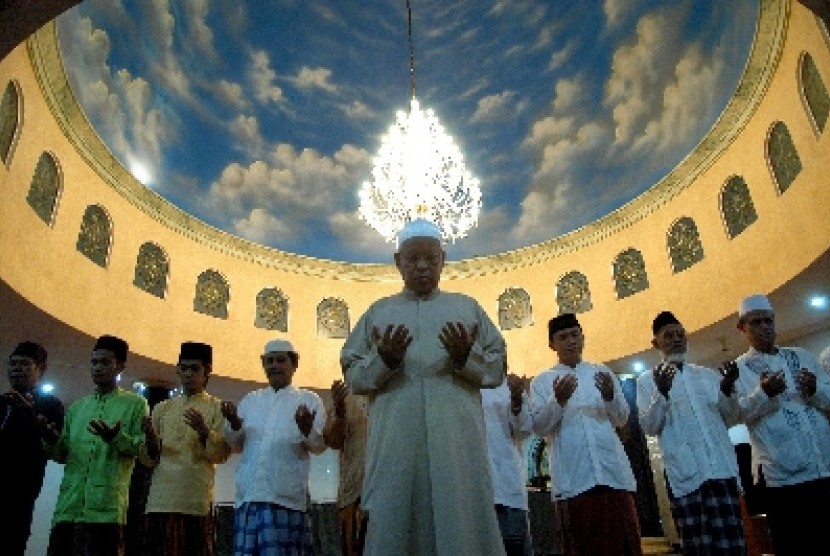


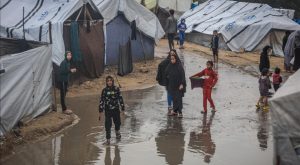
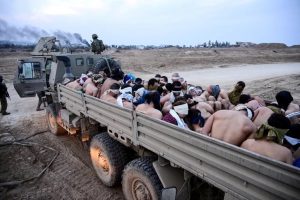
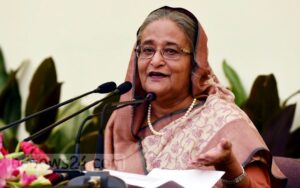



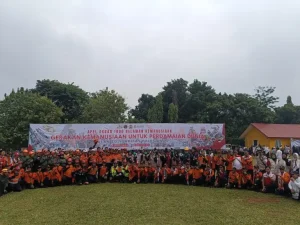

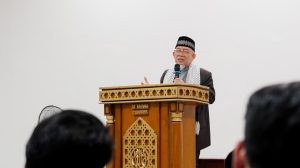
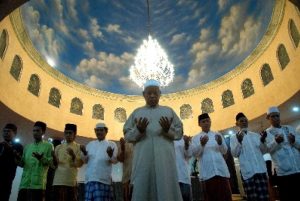
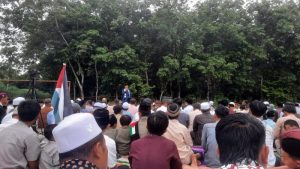
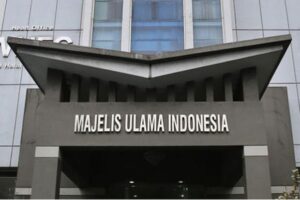
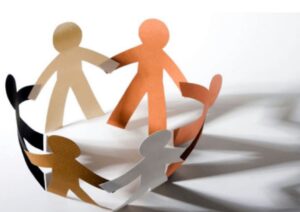











 Mina Indonesia
Mina Indonesia Mina Arabic
Mina Arabic